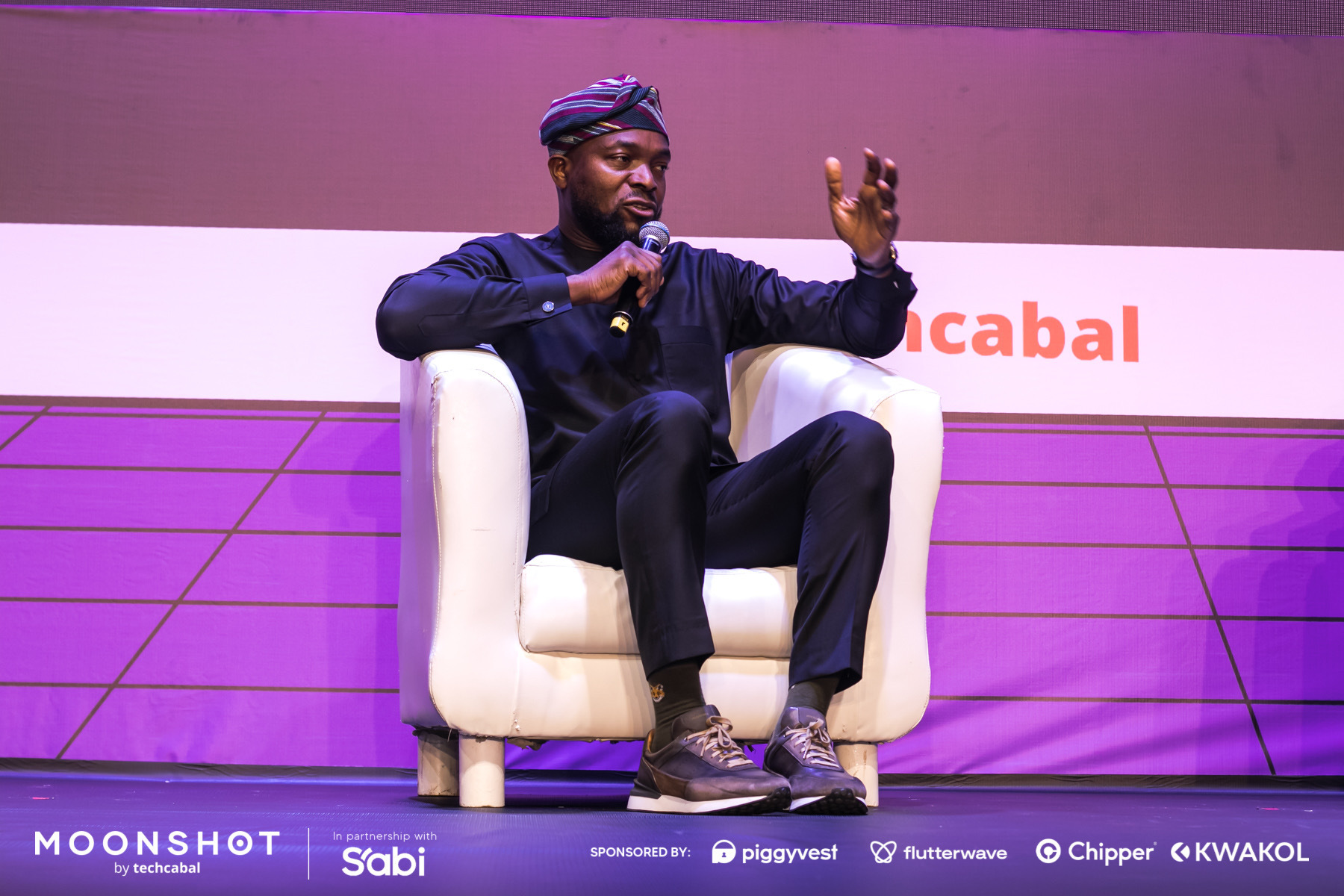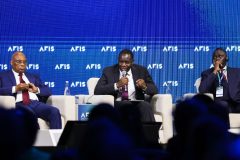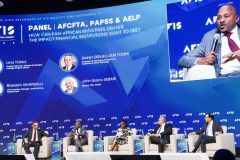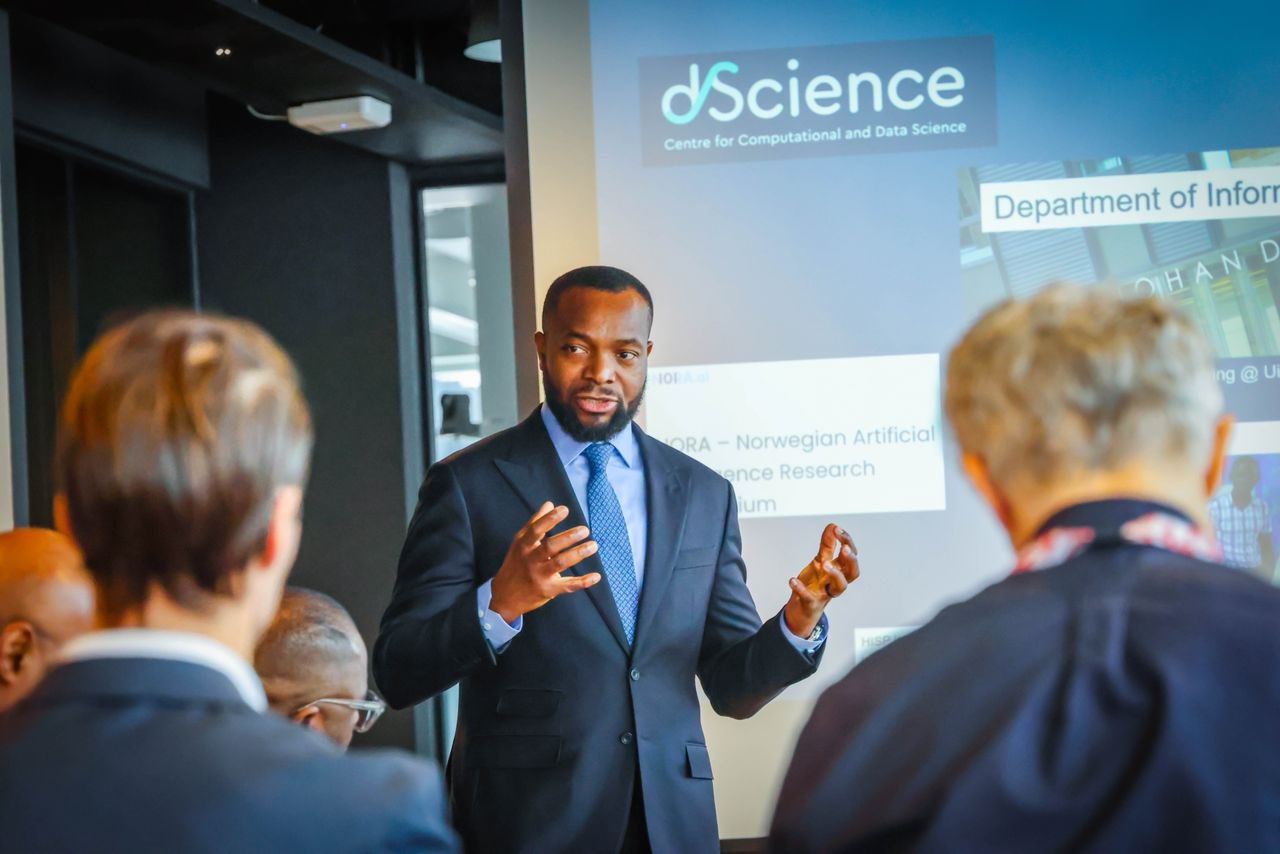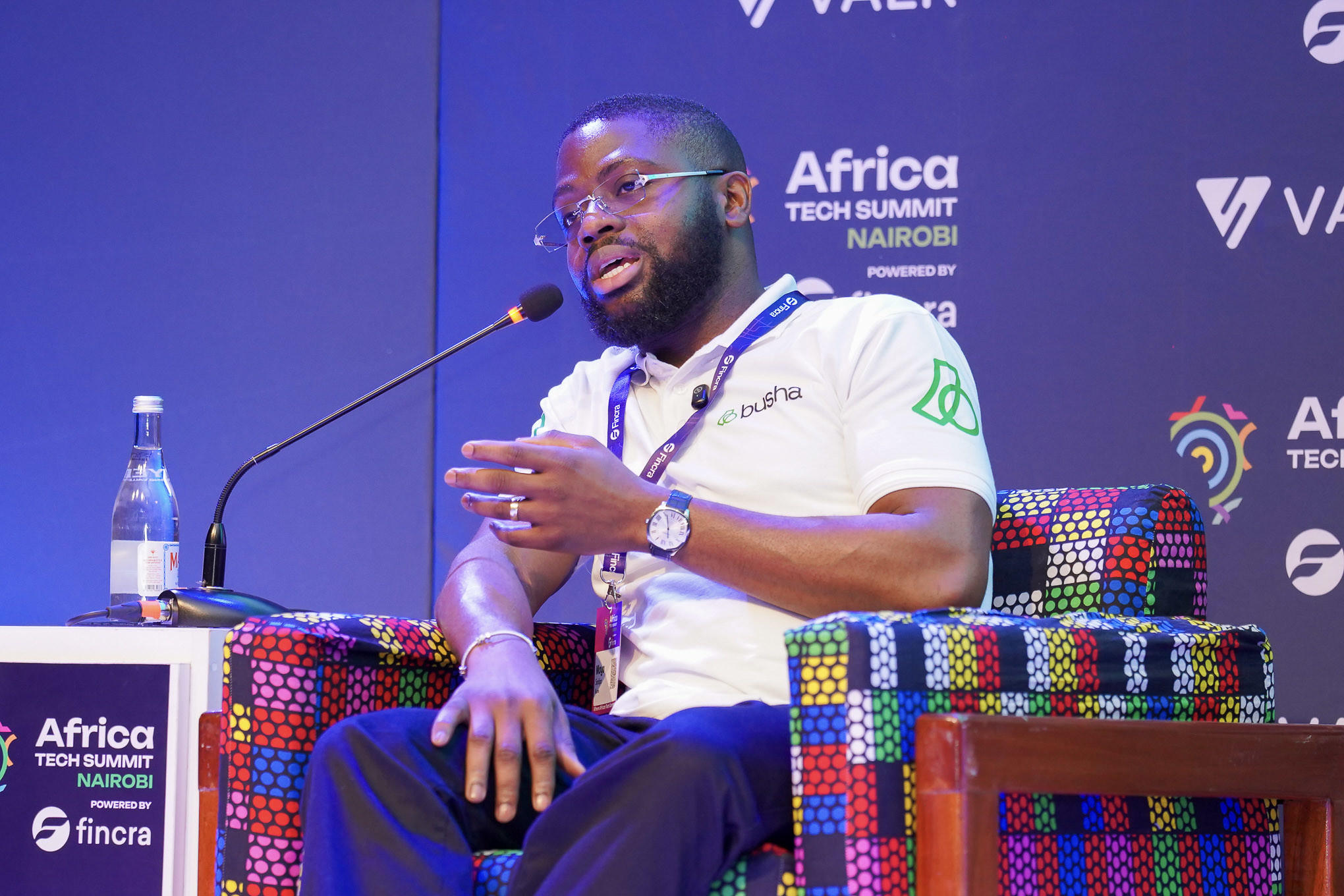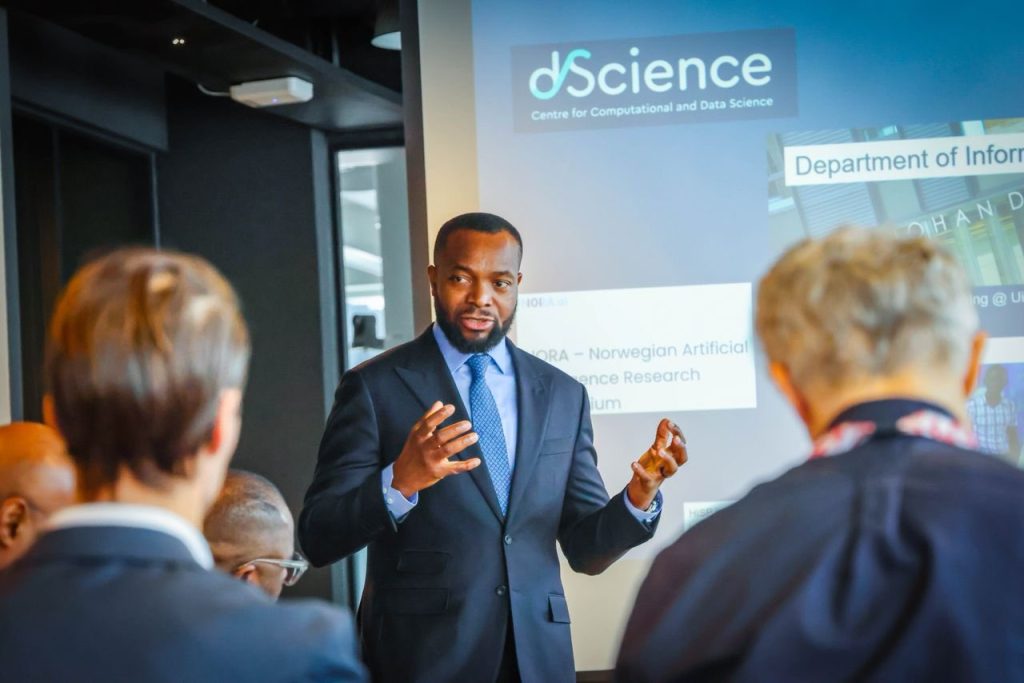Speaking at Moonshot by TechCabal, Nigeria’s minister of communications Bosun Tijani broke down his blueprint to train 3 million technical talents in the next four years.
Nigeria’s minister of communications, innovation, and digital economy, Bosun Tijani has shared how he intends to achieve the ministry’s goal of training 3 million technical talents over the next four years. Speaking during a fireside chat at Moonshot by TechCabal on Wednesday, October 11, Tijani said the ministry has created a unique model to drive the implementation of the plan as contained in its 31-page policy document.
“We are using a 1-10-100-model. We are starting with 1% of our 3 million target and that will be for the first three months. And that 1% is going to be 30,000 people. So starting this Friday, you will see applications being released for both trainers and those who want to be fellows,” Tijani said. The minister also mentioned that the 30,000 people would be broken down to capture each state in Nigeria, based on a calculation of its population and economic activity.
According to the minister, the thinking is that this approach makes it easier to reach the 3 million target and bridge the talent gap in the Nigerian tech ecosystem. “From the 1% which is the prototype, we move to the 10% which is the pilot stage. Once we can get that right, it is easier to scale to a larger number. If Nigeria can train today 300,000 technical talents, we can become the most competitive country on the continent when it comes to training technical talent,” Tijani added.
The minister noted that the same model will be applied to achieve the ministry’s goal to position Nigeria in the top 25% percentile in research globally across six pivotal Fourth Industrial Revolution (4IR) technological domains, including artificial Intelligence (AI), Unmanned Aerial Vehicles (UAVs), Internet of Things (IoT), robotics, blockchain, and additive manufacturing. The ministry is also working on a national AI strategy for Nigeria, he revealed.
“We recognise that one of the biggest challenges in artificial intelligence is inclusion. AI is very Western-centric. We are going to work to make the data about Nigeria connected with our realities,” Tijani said.
Watch the full video of the chat here.









